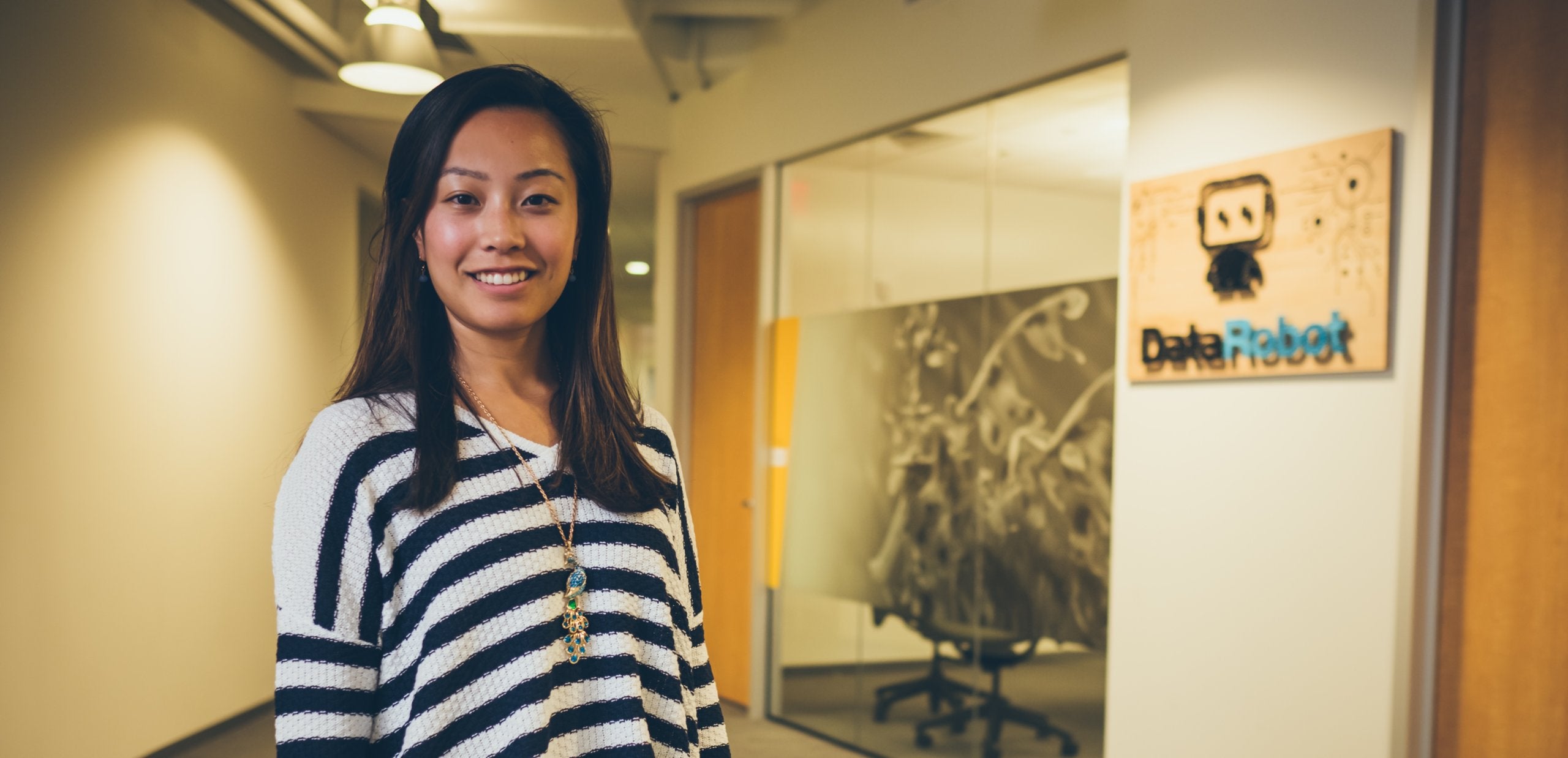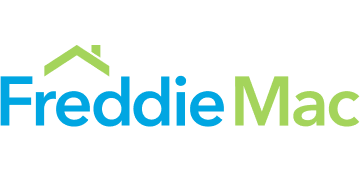When it comes to AI adoption, it often takes more than technology for a company to evolve into an AI-driven enterprise. Here at DataRobot, our Customer Facing Data Scientists (CFDS) work closely with customers to find the best solution to each unique business problem.
So, let’s meet a Customer Facing Data Scientist! We’d like to introduce you to Jessica Lin, a DataRobot CFDS, who primarily works on time series use cases with customers across all industries (learn more about DataRobot Time Series).

Given that it’s a relatively new role, there seems to be some confusion around data scientists and what it is they actually do. Can you walk us through a typical workday?
It depends on the project. Many of the CFDS team members here juggle multiple projects at once, but I tend to focus on one or two at a time, and my day-to-day work depends on the size of each individual project.
A lot of my projects involve working closely with the customer: understanding their expectations, making sure that everyone is aligned with the project, and making sure that I’m getting as much domain knowledge from the customer as I can because it’s easy for a customer to overlook certain details of a project that end up important for the modeling process.
Additionally, there’s a lot of iteration while I’m working with the customer to find insights in their data. I ask questions based on the modeling results to prompt a discussion and gain more information from the customer, and we all end up learning new things together in the process.
On the other side of things, when I’m not talking to customers, I spend a lot of time in Python merging data and creating data sets to make them modeling-ready. I also heavily use Python on the modeling side with the DataRobot API where I tend to script a lot of my project and model development work.
What’s your background, and how did you get to DataRobot as a Customer Facing Data Scientist?
In school (Smith College) I studied Computer Science and Economics, which easily translates over to data analytics and statistics. I was previously a data scientist at Nutonian, which was acquired by DataRobot back in 2017, and that’s how I ended up as a CFDS at DataRobot.
What advice do you have for someone interested in pursuing data science?
The cool thing is that there’s so much interest in this field and so much data available. It’s so easy to pick up a coursera course, do some learning on your own, jump into Kaggle contests, and do a lot of research and reading.
Right now, there’s a lot of sharing happening — people are very happy to share what they’ve learned. For example, at the end of every Kaggle contest, the winners share their code and they talk about how they got to a solution. There are a lot of great ways to learn about the best-in-class techniques out there.
How has your job as a data scientist changed over the years? Where do you see this role evolving in the next 5-10 years?
I would say that there’s been a lot more interest in forward-facing productionalizing of models versus a backwards-facing way of asking questions like:
“How can we build dashboards?”
“What are the KPIs?”
“How do we measure against certain metrics?”
Now, companies are more focused on asking:
“How can we get things out the door?”
“How can we integrate these models into the company lifecycle?”
“How do typical employees interact with their customers?”
In your experience working on the front lines with DataRobot customers, how can today’s companies transform to become AI-driven enterprises?
It’s very dependent on how curious people are. Working with people who are always searching for more or searching for the best, is always a really good type of partnership because they don’t just stay with what’s worked in the past. They’re always trying to find even better ways to make something happen, to find a more efficient process, or to find something they may have overlooked entirely. Partnering with people who have that drive to continue improving and curiosity about how we can continue iterating is fantastic.
It seems there is often hesitation from data scientists to adopt automated machine learning. How does automated machine learning affect data scientists in their day to day lives?
I think automation has a huge impact on data scientists in an amazing way.
With automation, everything is done the same way every single time. It’s very common to find bugs in your code as a result of overlooking some small assumption that then trickles down and affects the rest of your model. But, if you’re doing it through automation, you know that your base steps are all correct; you can always go back in to tweak and refine from there, but you know that your foundation is solid.
Also, data scientists in general are so overworked, and everyone is talking about how there aren’t enough of them. So, the few that companies are able to find always have huge mountains of work to get through. Having a helping hand to go through all that more quickly is great because data scientists can solve more problems faster and continue proving their worth to their company.
As a Data Scientist, what’s your favorite feature in DataRobot?
Because I work mostly with less technical people, I love the Prediction Explanations feature. It provides a really solid glance into what the model is doing. For example, it can show what factors led to a prediction for a certain patient, or the top three reasons why the model made a prediction.
It’s really easy to walk through, very powerful for interpretation, and for confidence building for the customer. Breaking it down into those levels is a great talking point and promotes trust in DataRobot.
When you’re not traveling the world working with the best of the best companies on their AI initiatives, what is an ideal weekend?
The ideal weekend for me is somewhere warm and sunny, close to the beach, and with friends around.
Learn more about how DataRobot works for Data Scientists here.
Want to join DataRobot’s global team of data scientists? Visit our Careers page for current opportunities.










